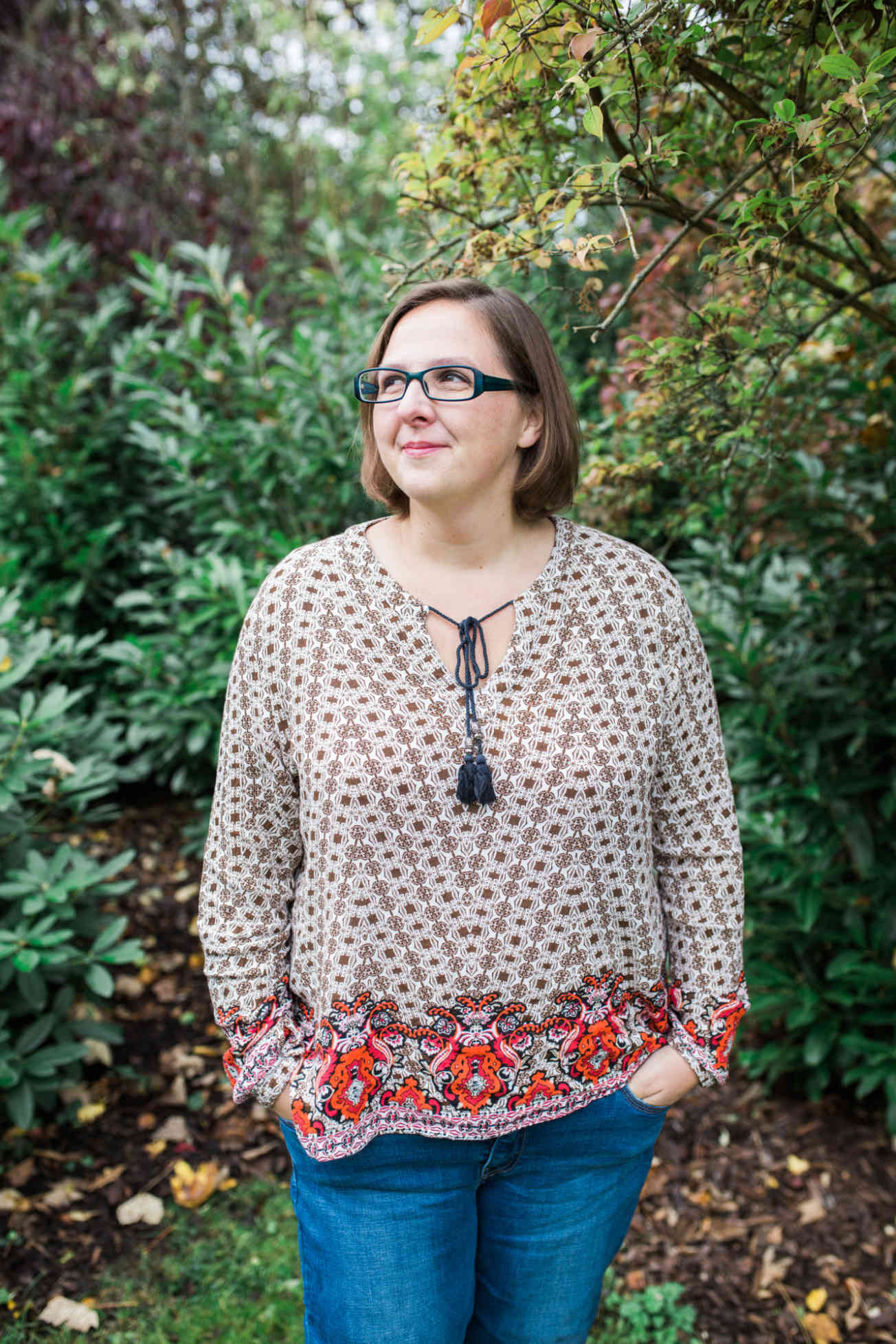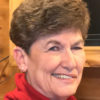
Julie Anderson, an American with a master’s degree in library science, wanted to help refugees in a personal way after they began flooding into Germany, where she and her family now live. After getting the green light from the proper authorities, she established a library in an unused restaurant located near the Rebstock refugee camp in Frankfurt. Combining donated books with those she purchased after setting up a Go Fund Me campaign, Julie soon had over thirteen hundred books to stock her refugee lending library.
I cataloged them as in a normal library. We have mostly children’s books in German because even the adults read at a children’s level. We ordered The Gruffalo in Arabic; it’s a classic story. Three days after I got it in the mail, someone donated the exact version in German, so now refugees learning the language can compare the texts side by side. It was a real blessing.
Others found out about the library. Soon volunteers came in to play games with the children. Some helped tutor them with their schoolwork on Tuesdays and Thursdays. Everyone has something they can give. Figuring that out and being willing to do it, even though it’s scary and outside of your comfort zone, is important.
Refugees can come into regular German public libraries but can’t check out books until they have permanent addresses and begin paying taxes. And there’s a stigma; it’s difficult for them to go into a cultural institution they’re not familiar with when they don’t speak the language. That’s part of why I thought the refugee library was good, too, because it provided an intermediary experience. Refugees can learn how to use a library in a comfortable place.
I’ll never forget the women’s joy when we got a copy of the Koran in German to add to the library! That’s a sacred book to them, and for them to look up familiar verses and learn them in German was a great example of how God cares about the details of our lives. I’m thankful to be a small part of this.


